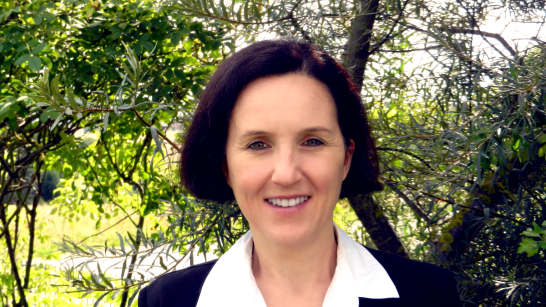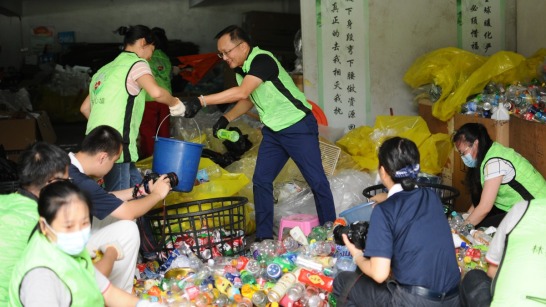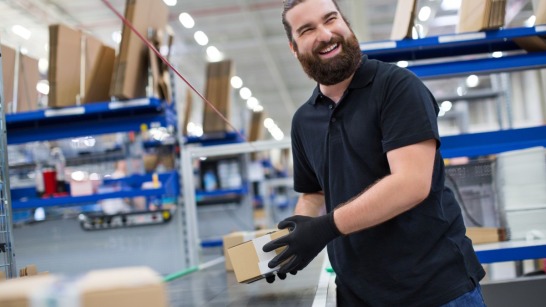
Earth Overshoot Day: How KION is driving forward the circular economy
"Sold out until January 1, 2025" - If our planet were a store, a sign with this inscription would be hanging on every shelf from today. Why? Because as of today, August 1, our demand for ecological resources and services exceeds what our planet can regenerate in one year. What are we doing at KION to counteract this development? We spoke to Janine Kirner, who is driving forward the Sustainability Action Field "Circularity" at KION.
2024-08-01




